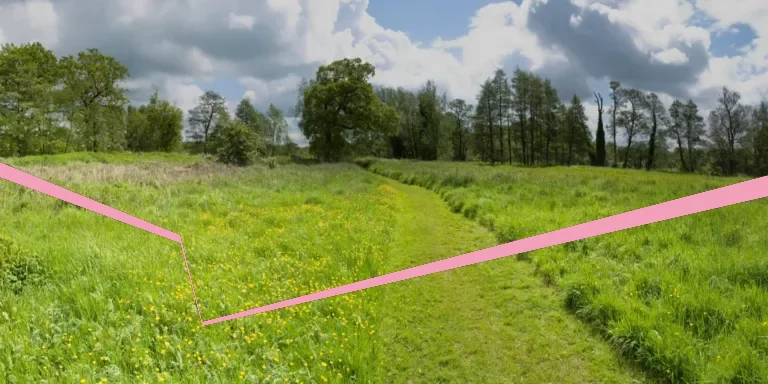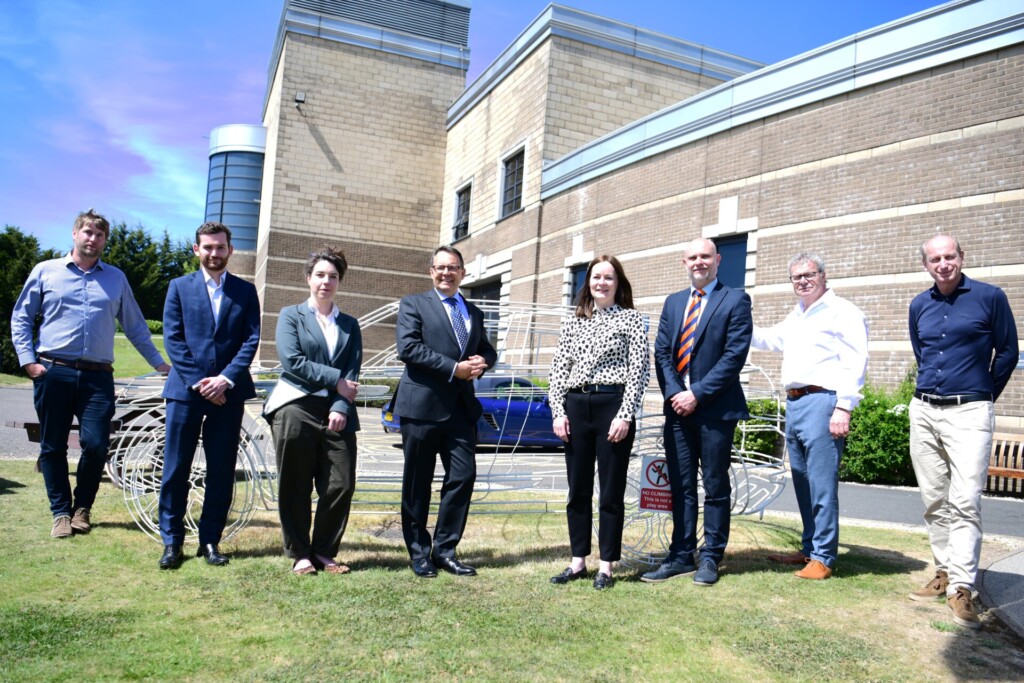What is a right of way?
A right of way is a public path that walkers have the right to use on foot, and sometimes using other methods of transport. Public footpaths are only open to walkers, whereas bridleways are open to walkers, as well as horse-riders and cyclists.
As we head into the summer months, there are typically a larger number of walkers heading out to use public footpaths and rights of way, with consequences for farmers and landowners alike.
Walkers straying from footpaths
Walkers have been urged to take a sensible approach to using footpaths by a Buckinghamshire tenant farmer. Daniel Hares suffered significant damage to his wheat crop on a 20ha farm.
The field has a 727-meter public footpath, which was previously outlined at 1.5 meters wide; the minimum legal requirement.
With increased footfall in recent months, however, the footpath has increased to as much as 11 meters at its widest point.
Walkers were urged to stick to the pathway but have had to be redirected to a 6 meter margin along the field boundary in order to prevent further damage to crops.
Hares estimates that around 0.69ha of the field has been damaged by walkers, which could have yielded 6t of wheat, equal to around £1,000 in income. This is just one of the problems farmers are facing as a result of increased foot traffic.
Walkers leaving gates open
In Derbyshire, a herd of 14 horses escaped from a field, resulting in the death of a 25-year-old gelding, who died of a suspected heart attack.
The horses escaped after walkers strayed from a public footpath and cut across a field, leaving the gate open as they left.
Awareness when using footpaths
The number of users of public rights of way has increased greatly in recent years, particularly during the pandemic and lockdowns, but it is important that members of the public are aware of what they can and cannot do when using rights of way.
Members of the pubic can “pass and repass along the way”, they may also stop to rest, but they must stay on the path, and not cause any obstructions. Any dogs walked by members of the public must ensure they are under close control.
In terms of Covid-safety for owners and occupiers, Defra advised tying gates where it is safe to do so to minimise contact, displaying notices to encourage respectful usage, and offering alternative routes around gardens and farmyards, again where it is safe to do so.
More information
Lodders’ Agricultural law team have specialist experience advising farmers, landowners, and rural businesses. The team can also advise in relation to private rights of way and access to land.
For more information, please call 01789 293259, or click here.
Contact usContact us
Need more advice?
For help with a legal problem or more information on any of our services at Lodders, please get in touch with our friendly team. You can contact us via the number or email address below, or fill in the form and we will get back to you as quickly as we can.

Contact a member of the team
Read more
Other news, insights and events








